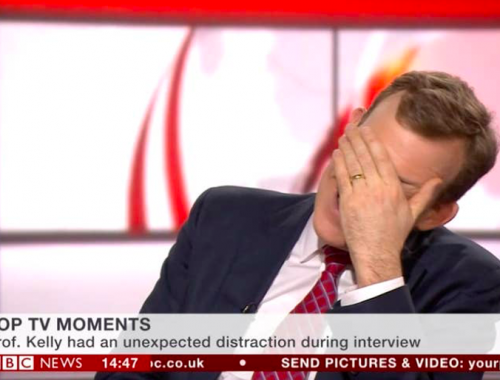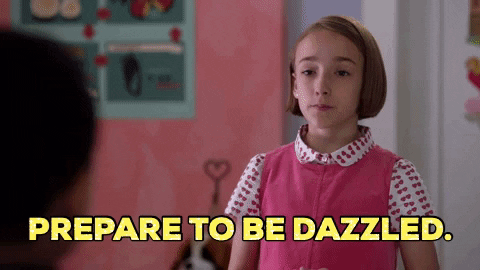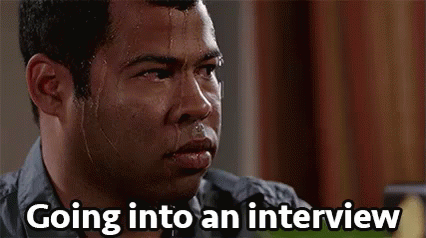Your Key To Success: THE MOCK INTERVIEW PROCESS!

Whether you love them or hate them, Job interviews are a massive part of the professional working world. The interview process is a method used by employers to analyse and assess candidates who have applied for the role in their company to ensure they pick the right person for the job.
“The interview is the most time-consuming process during the hiring phase. On average, recruiters spend approximately 66% of their hiring time on interviews,”
(O’Donnell, 2020)
Due to the stress and anxiety caused by these interviews, it is vital to experience as much as possible, as the more interviews, you partake in the less daunting the experience becomes. Therefore, mock interviews can help people both prepare for the interview, while also further developing skills within the interviewing process as it allows people to reflect and learn from their mistakes when the pressure and stress are low.
Reflection
To reflect on the mock interview process, I am going to use the method of Gibbs’ Reflective Cycle’ to ensure that I learn from this experience to apply in my professional career within the film industry.
‘It is not sufficient simply to have an experience to learn. Without reflecting upon this experience, it may quickly be forgotten, or its learning potential lost.’
(Gibbs, 1988)
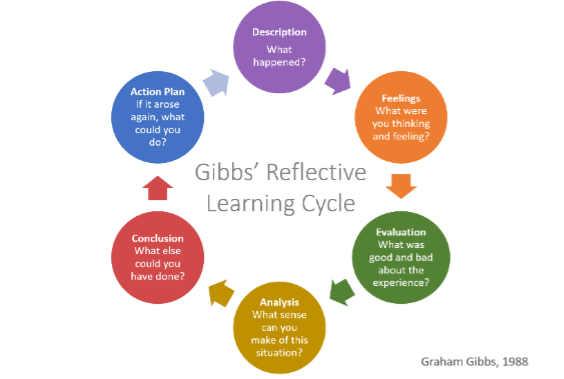
Description
‘If you are slightly type A or obsessive-compulsive and like to run a tight ship while still having fun, you have the makings of a good producer’
(Kellison, 2006, pp.5)
For the mock interview exercise, we were tasked to find a real job description. This description will be used as the job that we will be applying for within the mock interviews. I found a job advert on Northern Ireland Screen website for Rare TV as they were looking to hire a Production Manager. From this, I went on to prepare for the mock interview by firstly, researching the company of Rare TV to increase my knowledge of the company I was metaphorically applying for.


Secondly, I made use of the Star method taught to us through our AEL Work Placement module to prepare answers and scenarios that can be applied to typical job interview questions. The dreaded day of the mock interviews came upon us! The exercise consisted of 3 of my fellow peers and me rotating between being on the interview panel and getting interviews ourselves. Shortly after each interview, the panel would fill out a peer feedback form based on how the interview went. Similarly, the interviewee would assess how they thought their interview went by filling out a self-feedback form.
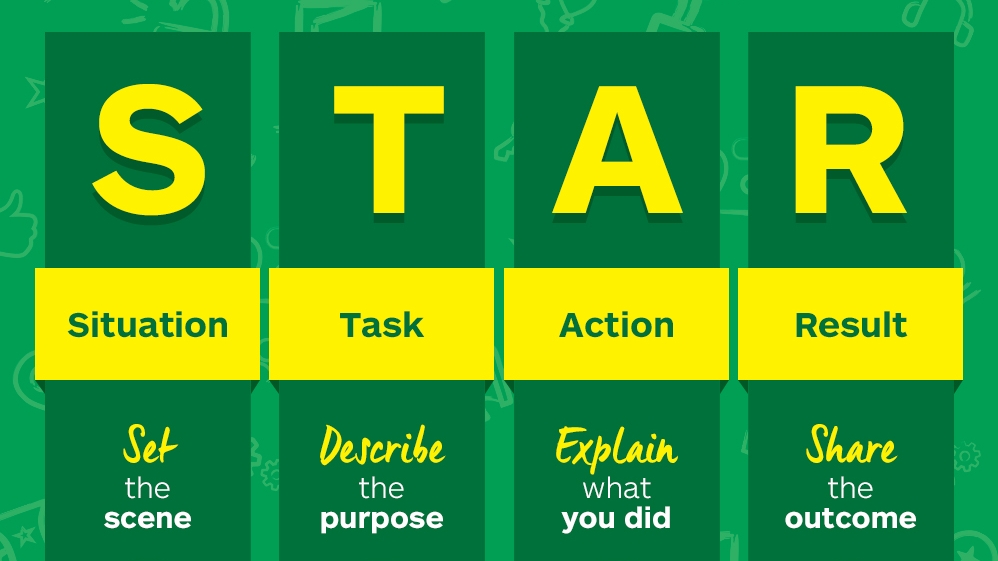
Feelings
The night before the interview as I was having one last look over the preparation I had done, my confidence began to soar as I believed I was prepared for any question that the interview panel could throw my way. ‘If we fail to prepare, we prepare to fail,’ (Agustin-Israel, 1996).
‘If we fail to prepare, we prepare to fail,’
(Agustin-Israel, 1996).
My confidence was further amplified through the previous interview experiences I had both securing my placement that I explored in my last blog post and the many job interviews I have had working part-time in the hospitality industry. However, as I found out I would be getting interviewed first my confidence and preparation went completely out of the window. The feelings of anxiety quickly followed as the knot in my stomach became the only thing I could focus on. Although after a big deep breath and a lot of composure, I was able to calm down and attempted to let my personality shine through within the interview.
Evaluation
Upon evaluating my performance within the mock interview process I believe the interview went well as I believed I was able to convey my personality and demonstrate my experiences through my answers using the Star method to confidently deliver well-detailed answers to the question asked of me based on the criteria of the job description. Likewise, through my interview feedback, I can evaluate the content of my interview as the panel outlined that the content of my answers were well structured and well developed. However, they also highlighted that “I tended to ramble within some questions.” They also wrote, “I presented myself as a very organised individual who is highly aware of time management and conflict resolution, and this came across massively within the interview based on the previous experiences I spoke about.” Before the interview started, I was worried that my nerves and anxiety would get the better of me and thus the presentation of myself during the interview might be hindered due to the daunting feeling of being interviewed first. Although throughout the interview these nerves slowly faded as I believe I began to come across as confident and I was able to lead in some parts of the interview. This is reinforced by the panel as they emphasise that “Interviewee appeared confident and friendly, presenting as easy to work within a group setting and dealing with people.”
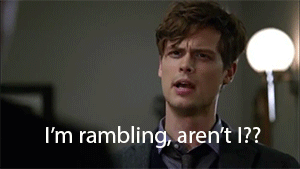
Analysis
When reflecting on the mock interview process, I believe that overall, the interview went well due to the preparation I did and also through the use of the Star method to give well detailed and structured answers to the questions based on the job I was applying for. Similarly, I believe the interview went well due to me relating my answers to the questions to the skills I have previously developed through my roles in various film projects during my studies at Queen’s University while simultaneously demonstrating how my placement at Waddell Media has helped me develop a greater knowledge within producing in the Film & TV Industry. Within my feedback, I believe another positive aspect of the interview was how I spoke about the difficulties I faced in previous productions as it demonstrates how I learned from these experiences and how I would deal with them in the future. For Example, conflict resolution within the crew. Likewise, I reflect that my presentation throughout the interview was a positive aspect due to the use of good eye contact and hand gestures to describe my points in a confident tone. Thus, I came across as easy to talk to. This is reinforced through my feedback as the panel stated, “Interviewee appeared very amiable, confident and friendly, presenting as easy to work within a group setting and dealing with people.”
On the other hand, the negative aspects of the interview are evident due to my rambling in parts of the interview due to the stress caused by the time constraints of the interview. Equally, I believe another negative aspect of my interview was that I did not ask any questions about the company which could portray a lack of research and interest in the company. Another negative that was highlighted in my feedback from the panel was that there was some repetition within my answers and more concrete examples of production management and role-specific experience would help me improve and to benefit me in the future. This negative aspect was due to me not picking an entry-level job that I would be more suited and qualified for when beginning my career within the film industry.
Action plan & Conclusion
Overall, from the mock interview process, I have gained vital experience of different interview scenarios that will help me in my future career within the film industry. This has also taught me how to further control my emotions and my nerves to allow my personality to be present within the interview. After analysing the mistakes, I have made during this process, I have learned that some answers are best to be concise and less repetitive to show better knowledge. Similarly, I will be able to improve by having concrete examples of where I have developed or used certain skills to allow the interview to see I know what I am talking about.
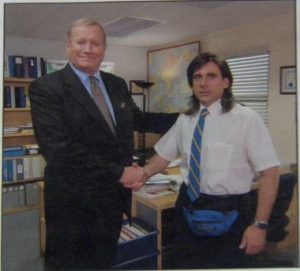
Bibliography
Agustin-Israel, J., 1996. Lakas ng Loob (The Filipino Will!). 1st ed. Austin : Bookmark Inc.
Gibbs, G., 1988. Learning by Doing: A Guide to Teaching and Learning Methods. 1st ed. Oxford: Oxford Further Education Unit.
Kellison, C., 2006. Producing for TV and Video, A Real World Approach. 1st ed. Burlington: Focal Press .
O’Donnell, R., 2020. Infographic: 2020 Interview Scheduling Survey Statistics. [Online]
Available at: https://yello.co/blog/infographic-interview-scheduling-survey/
[Accessed 17 February 2022].
“So…Tell Us About Yourself!”
Sixty versus One Hundred
You May Also Like

Finding the Right Balance: My Simulated Interview Experience
14 February 2022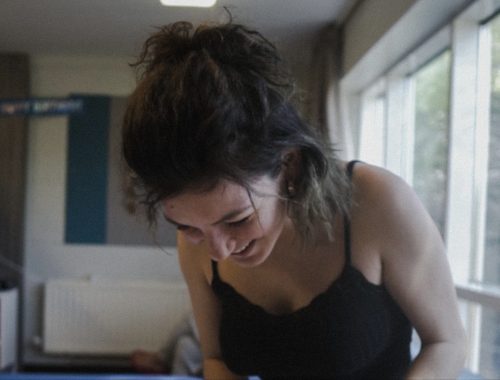
Surprisingly Worthwhile
18 February 2022